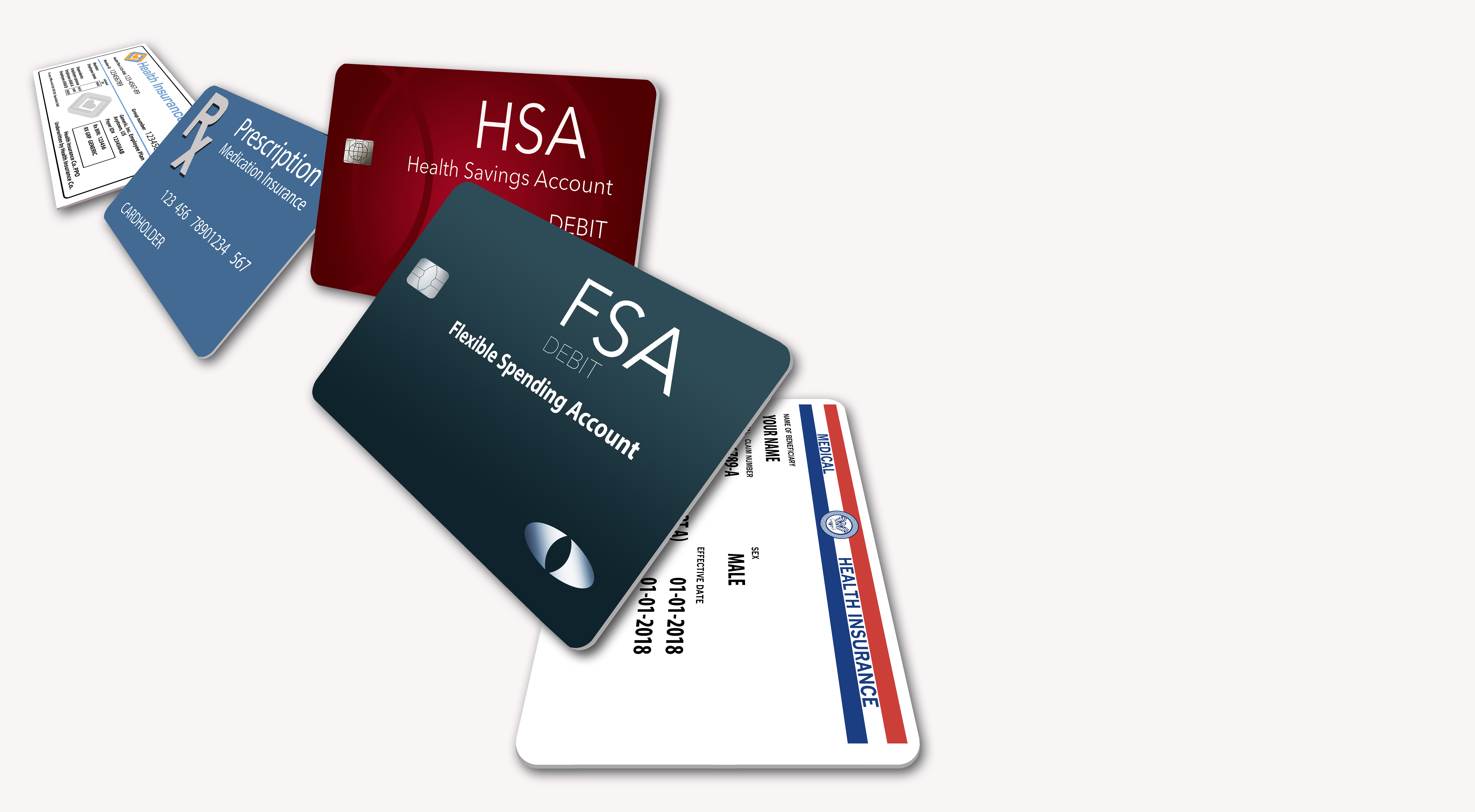What Are The Differences Between HSA, HRA, and FSA?
- Posted on: Dec 18 2019
- Leave a response

When you work in a traditional 9 to 5 setting, every year the discussion of health insurance benefits will inevitably come up. With it comes all the confusion of trying to figure out what benefits you should include with your plan. And if given the option, you might find yourself asking questions like “What are the differences between HSA, HRA, and FSA?”
How do you make the best choices for yourself and/or your family? After all, most of us need at least one doctor visit throughout the year and in some cases, we need more specialized medical care such as the diagnostic imaging tests we offer here at GO Imaging. To help you wade through the confusion, we’re breaking down health savings accounts (HSA), health reimbursement accounts (HRA), and flexible spending accounts (FSA) below.
Health Savings Accounts (HSA)
An HSA is an account that you own. To have one, you must have a high-deductible health plan (HDHP). An individual can sign up for an HSA during open enrollment, or they can choose to open one on their own. Both you and your employer can put money into the account. You can invest the money that is in it, and you are required to report the account when you do your taxes.
Essentially, an HSA allows you to put money aside on a pre-tax basis that you can use for qualified medical expenses. Some people choose HDHPs because they aren’t as costly throughout the year. The catch, of course, is that if you do need to use your health care plan, you will have to pay more out of pocket for your deductible than you would with a lower deductible plan for things like doctor visits, hospital stays, diagnostic imaging testing, etc…
According to the U.S. Centers for Medicare & Medicaid Services aka Healthcare.gov, “For plan year 2020, the minimum deductible for an HDHP is $1,400 for an individual and $2,800 for a family. When you view plans in the Marketplace, you can see if they’re ‘HSA-eligible.’”
They also stated, “For 2020, if you have an HDHP, you can contribute up to $3,550 for self-only coverage and up to $7,100 for family coverage into an HSA. HSA funds roll over year to year if you don’t spend them. An HSA may earn interest or other earnings, which are not taxable.”
Health Reimbursement Accounts (HRA)
A health reimbursement account (also called a health reimbursement arrangement) is an account that is owned by an individual’s employer. They do not require you have a high-deductible health plan. However, only your employer can add money to the account. You don’t have to report the account when you do your taxes, but you also can not invest the funds that are in the account.
Some employers use HRAs as an employee retention tool, as if you leave the company, you forfeit any funds in the account. The benefit to the employee is that they won’t pay any income or social security taxes on any funds that are in it.
The funds in the account may roll over from year to year. On the other hand, your employer may choose to not have the funds roll over to the following calendar year which could result in a cap on available funds for healthcare costs. You’ll need to check with your employer to learn exactly what healthcare costs the funds in your HRA can be used for as well.
Flexible Spending Accounts (FSA)
Also called flexible spending arrangements, an FSA is an account owned by your employer that you can use to pay for healthcare costs such as copayments, deductibles, and some prescription medications. These also don’t require a high-deductible health plan. As an employee, you won’t pay taxes on this money, but you can’t invest the money in the account either. Though you don’t have to report the account on your taxes, both you and your employer can add funds to it.
There is a cap of $500 of how much money from the account can roll over to the following calendar year, or your employer can choose a grace period to use the leftover money of 2.5 months. Any other funds left in the account at either the end of the grace period or end of the calendar year are usually kept by your employer.
You can not cash out any funds in the account whether they are used are not. The funds are strictly prohibited to be used towards healthcare costs only, and if you leave your job you forfeit any funds still in the account. That is why you should use caution when choosing how much additional money you would like to personally add to your FSA each year.
To learn more about the differences between HSA, HRA, and FSA, we suggest checking out the following resources:
- Healthcare.gov information
- Blue Cross Blue Shield
- Cigna
- United Healthcare
- Aetna
- Humana
- Connect Your Care
We also recommend reading any paperwork you receive related to your health insurance plans, benefits and options closely. It’s important to know what’s covered, and what is not so you can plan accordingly for your health and wellbeing.
If you know someone you think would benefit from reading this post, we invite you to share it with them. And, should you need specialized care such as diagnostic imaging testing, contact our friendly staff to schedule your appointment.
Posted in: Health & Wellness

